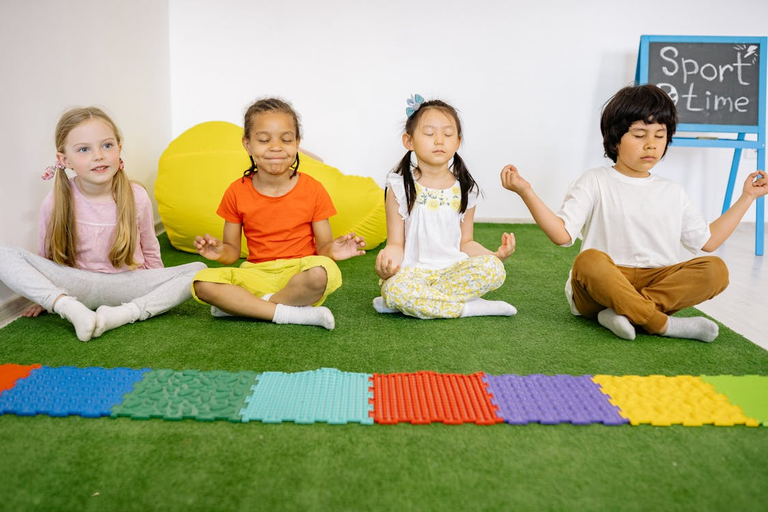Hello friends,
Anxiety is a widespread emotional regulation issue that severely impacts people of all ages. It can show itself as a number of symptoms, including physical issues, excessive worry, and restlessness.
Play therapy is becoming more and more popular in the field of psychological therapies as a gentle yet effective method of reducing anxiety.
This therapeutic approach explores emotions, resolves conflicts, and fosters healing via the natural language of play.

The foundation of play therapy is the idea that play, especially for young children, is an essential and organic means of expression and learning for all people.
People can express their deepest feelings, ideas, and experiences via play in a setting that is safe and encouraging.
This therapeutic method encourages self-expression and speeds up emotional processing by incorporating a range of play techniques and tools, including games, toys, painting, and storytelling.
Play therapy offers a comforting means to examine worries, fears, and stressors in the setting of anxiety. By observing the person's play patterns, behaviours, and expressions, the therapist can gain insights into the person's emotional world.
Through playing games, people—especially kids—find a way to express themselves without directly confronting their emotions, which facilitates both the expression and management of their worries.
Normal developmental milestones, social connections, and academic achievement can all be negatively impacted by anxiety in children.
An strategy that is kid-friendly for dealing with these issues is play therapy. It makes it simpler for kids to face and comprehend their feelings by assisting them in subtly expressing their worries through play.
In addition to fostering coping mechanisms and resilience, therapeutic play sessions can help kids better control their anxiety.
Play therapy helps enhance social and emotional competencies including empathy, communication, and problem-solving, all of which are essential for anxiety management.
Children will use these abilities in many aspects of life, not just to deal with fear. As these abilities grow, individuals get assistance from a variety of sources throughout their lifetimes.
Play therapy is a unique and powerful strategy for managing anxiety for the rest of one's life.
Through the use of play's therapeutic potential, people can face their fears, explore their emotions, and create healthy coping mechanisms in a fun and encouraging setting.
Play therapy provides a route to psychological resilience and emotional release, whether via the structured activities of adults or the imaginative play of children.
In addition to treating anxiety symptoms, play therapy promotes development, creativity, and healing in the therapeutic setting.
This demonstrates the play's enduring value and critical function in maintaining our mental health.
